Here is “Mood Swing in D and B Minor”. Every major key has a relative minor key, which keeps the same key signature but has a different key name. In the “Mood Swing” series, the same song in a major key is then transposed to the relative minor key. Major keys have a happy sound, while minor keys have a sad sound. Hence the title “Mood Swing.” There are three types of minor: Natural minor (keeps the sharps or flats from the scale), harmonic minor (the 7th of the scale is raised half a step), and the melodic minor (the 6th AND 7th of the scale is raised half step). The harmonica minor is the most common (and will be used for this song), which makes the V chord major. The melodic minor makes both the IV and V chord major. Now play the song in the natural minor and the melodic minor.
Piano Song “Mood Swing in D and B Minor”
$2.99
Here is “Mood Swing in D and B Minor”. Every major key has a relative minor key, which keeps the same key signature but has a different key name. In the “Mood Swing” series, the same song in a major key is then transposed to the relative minor key. Major keys have a happy sound, while minor keys have a sad sound. Hence the title “Mood Swing.” There are three types of minor: Natural minor (keeps the sharps or flats from the scale), harmonic minor (the 7th of the scale is raised half a step), and the melodic minor (the 6th AND 7th of the scale is raised half step). The harmonica minor is the most common (and will be used for this song), which makes the V chord major. The melodic minor makes both the IV and V chord major. Now play the song in the natural minor and the melodic minor.

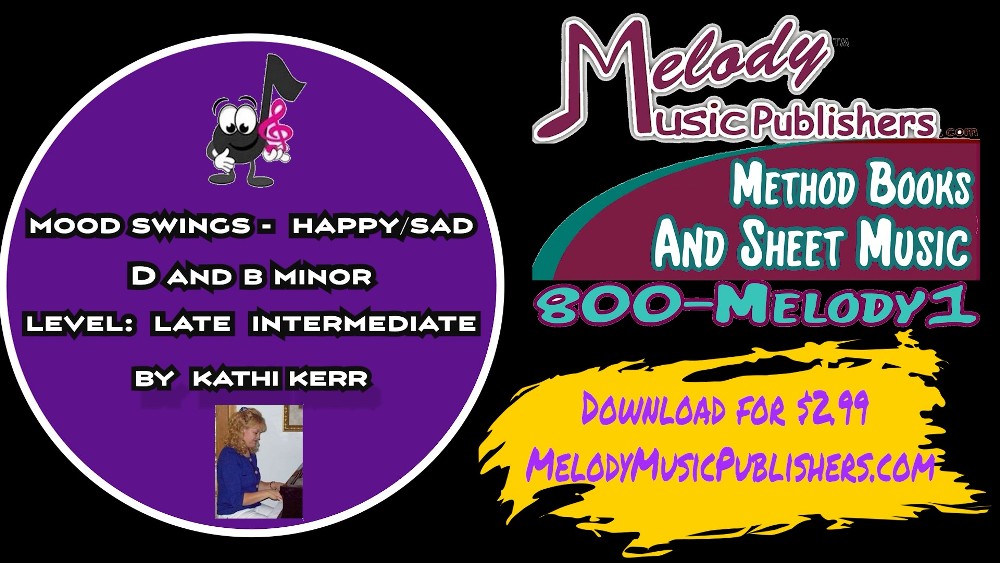
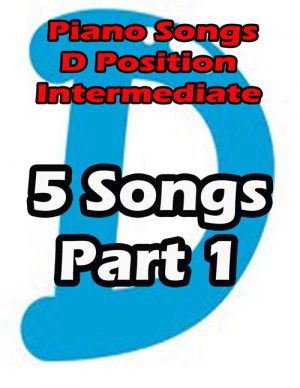
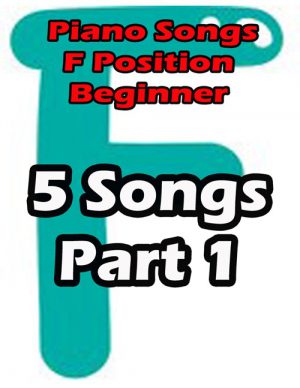
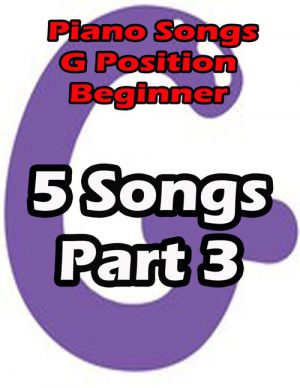
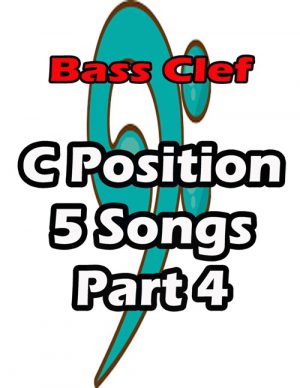
Reviews
There are no reviews yet.